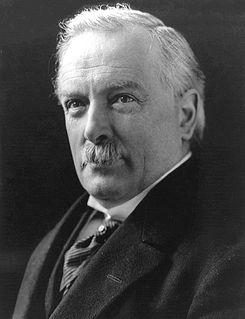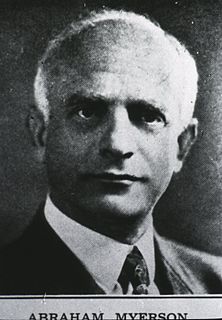A Quote by Albert Einstein
Great spirits have always found violent opposition from mediocre minds. The latter cannot understand it when a man does not thoughtlessly submit to hereditary prejudices but honestly and courageously uses his intelligence.
Related Quotes
From my youth onwards I have found in Jesus my great brother. That Christianity has regarded and does regard him as God and Savior has always appeared to me a fact of the highest importance which, for his sake and my own, I must endeavor to understand . . . I am more than ever certain that a great place belongs to him in Israel's history of faith and that this place cannot be described by any of the usual categories.
In the first part of 'Rights of Man' I have endeavoured to show...that there does not exist a right to establish hereditary government...because hereditary government always means a government yet to come, and the case always is, that the people who are to live afterwards, have always the same right to choose a government for themselves, as the people had who have lived before them.
Therefore the good man ought to be a lover of self, since he will then both benefit himself by acting nobly and aid his fellows; but the bad man ought not to be a lover of self, since he will follow his base passions, and so injure both himself and his neighbors. With the bad man therefore, what he does is not in accord with what he ought to do, but the good man does what he ought, since intelligence always chooses for itself that which is best, and the good man obeys his intelligence.
The Great Man's sincerity is of the kind he cannot speak of, is not conscious of: nay, I suppose, he is conscious rather of insincerity; for what man can walk accurately by the law of truth for one day? No, the Great Man does not boast himself sincere, far from that; perhaps does not ask himself if he is so: I would say rather, his sincerity does not depend on himself; he cannot help being sincere!
































